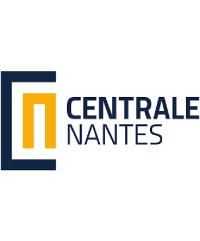 | CHAIRE ECN#SeakeepingAndSloshing #Marine
Bureau Veritas has collaborated with the Ecole Centrale Nantes in the creation of an industry chair to investigate the ships of the future. Our research covers three main aspects:
• Ship safety
• Interacting bodies and flexible connections
• Wave performance |
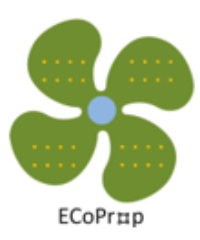 | ECOPROP#CompositeMaterials #Marine
EcoProp is a project being led by TU Delft, focusing on addressing key challenges for composite propellors:
• Predicting propellor noise
• Designing for optimum performance and reduced noise
• Monitoring propellor performance and integrity
The outcomes of EcoProp will help reduce underwater radiated noise (URN) and vibrations and improve the life expectancy of ships.
|
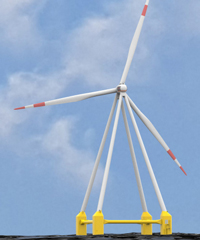 | EOLINK#MooringIntegrity #MRE
Bureau Veritas has partnered with Eolink on the component certification of their pre-commercial 5MW floating offshore wind turbines.
|
 | CARGOSAFE#Safety #Marine
CARGOSAFE aims to identify cost-effective risk management options for cargo fires onboard container vessels, dealing with fire response and detection and the declaration and segregation of dangerous goods.
Read more |
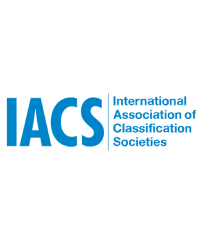 | PT PH49 / PT PH50#Seakeeping #StructuralIntegrity #Marine
PT PH49 and PH50 are IACS initiatives to derive new wave loads from the new North Atlantic scatter diagram. This work will enable an update of CSR, S11 and S11A and the assessment of new wave loads and corrosion margins.
|
 | CONVIRT#StructuralIntegrity #StructuralHealthMonitoring #Marine
Convirt is a two-year co-operative research ship (CRS) project to harness machine learning and virtual hull monitoring in order to improve the efficiency of ships’ health monitoring.
Read more |
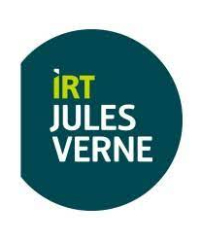 | MONOCLE#CompositeMaterials #Marine
Launched by the IRT Jules Verne, the MONOCLE project aims to develop a methodology for digitally monitoring the infusion process for large parts of composite materials in shipping.
Read More |
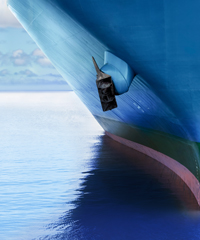 | TNTM#SustainableShipping #Marine
The TNTM project aims to optimize the entire maritime logistic chain for environmental and economic factors. This includes determining the optimal allocation of a fleet of ships on a network, container filling, ship routing and data use to improve ship performance.
Read more |
 | EVAP#Seakeeping #Marine
EVap is a co-operative research ships project looking at extreme value predictions to better anticipate ships’ behavior at sea.
Read more |
 | SEACAL#Seakeeping #Marine
Seacal is a co-operative research ships project that aims to develop improvements to seakeeping practices at forward speed.
Read more |
 | GOODVIBES #Seakeeping #StructuralIntegrity #Marine
Goodvibes is a co-operative research ship project focused on the operational dynamic vibrations of ships. The project aims to compare procedures for assessing the influence of different sources of vibrations inside the ship structure. Its objective is to better understand the impacts of continuous vibrations, including on humans exposed to them, and to evaluate assessment procedures with tests on a number of representative vessels.
Read more |
 | PACBOAT#Marine
PACBOAT is a project led by the French Agency for Ecological Transition (ADEME) looking at the possibilities and risks of installing a demonstrator solid oxide fuel cell (SOFC) on a cruise ship. Our overall aim is to be able to inform and develop Rules for the use of fuel cells onboard ships.
|
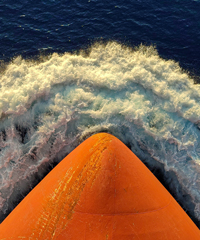 | FARMOTION#SustainableShipping #Marine
The Farmotion project focuses on the development of a large rotor sail, supported by Farwind Energy.
Read more |
 | TRANSOM#SeakeepingAndSloshing
Transom is a co-operative research ship project aiming to better understand and model transom flow for transom optimization. The project will be based on full scale data collection and will be supported by experimental and numerical simulations.
Read more |
 | K2+#SeakeepingAndSloshing
K2+ is a co-operative research ship project aiming to improve full scale CFD predictions of ship resistance and propeller performance by including surface roughness.
Read more |
 | MAMBO#SeakeepingAndSloshing
Mambo is a co-operative research ship project aiming to create and experimental validation material to assess ship operational performances.
Read more |
 | SEACAL_2#SeakeepingAndSloshing
Seacal is a co-operative research ship project that aims to improve Seacal tool developed for improvements to seakeeping practices at forward speed.
Read more |
 | SPEC#SeakeepingAndSloshing
SPEC is a co-operative research ship project that aims to better predict critical events such as slamming, greenwater, run-up or extreme loads and to better define the screening indicators.
Read more |





























